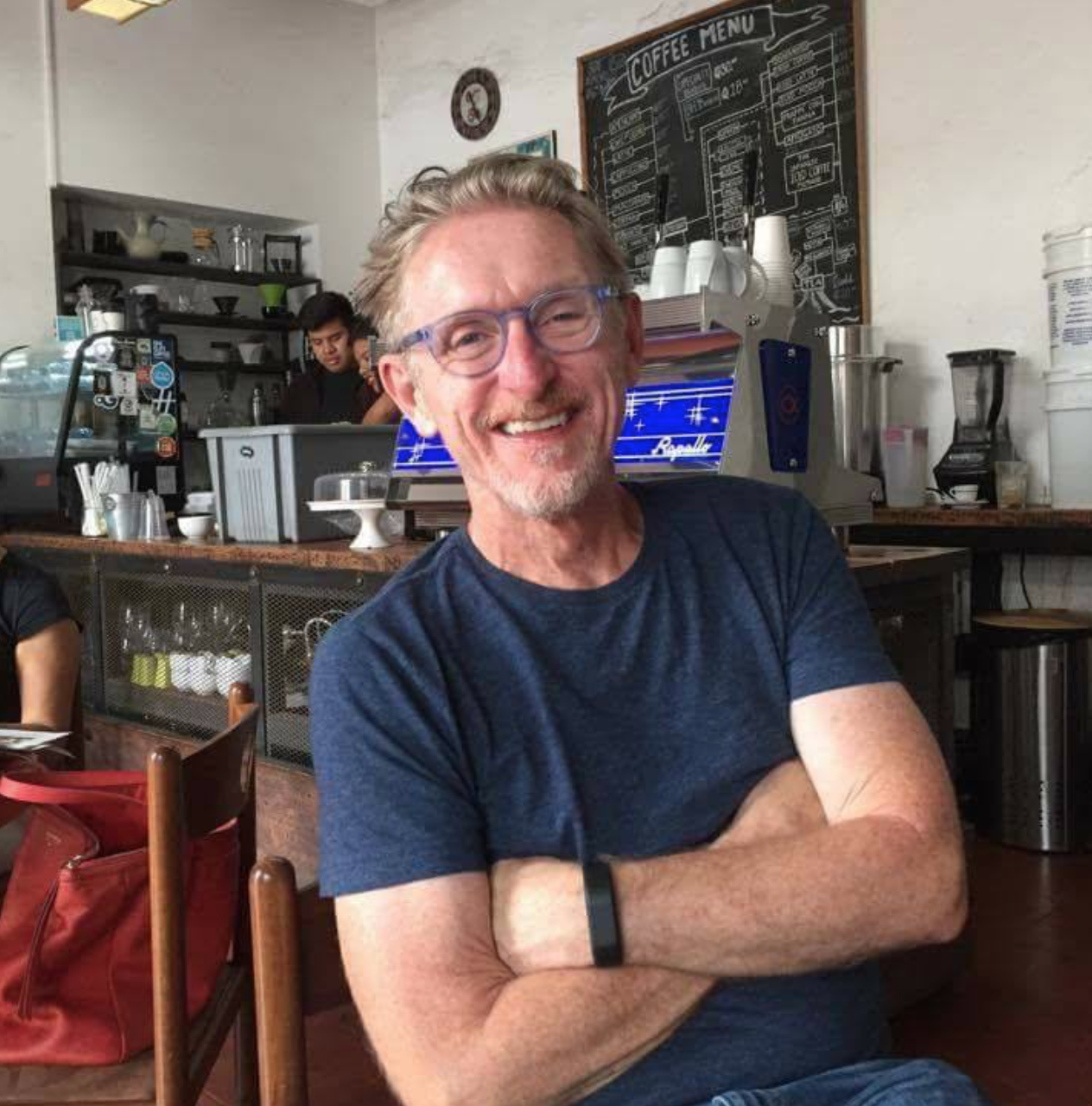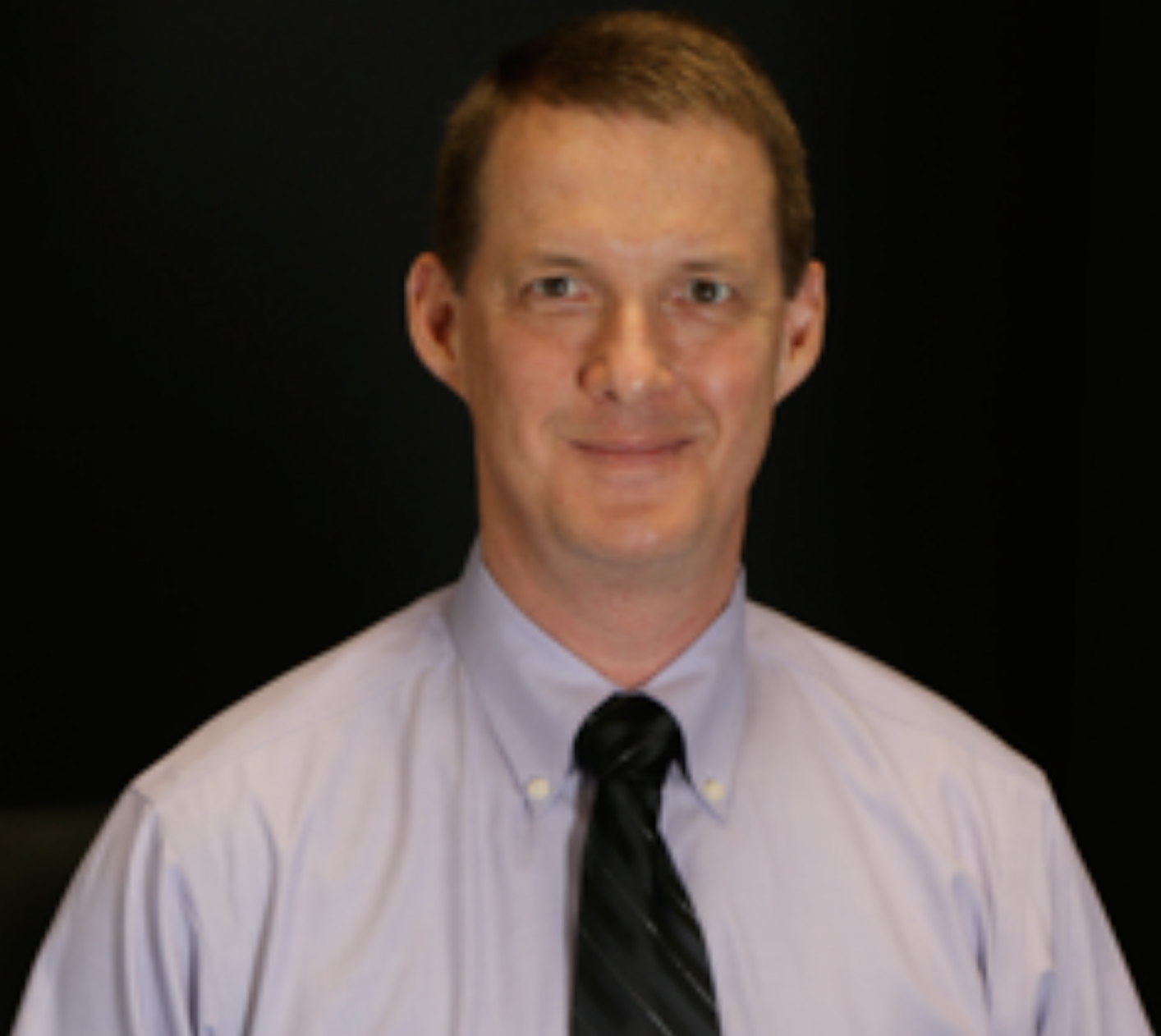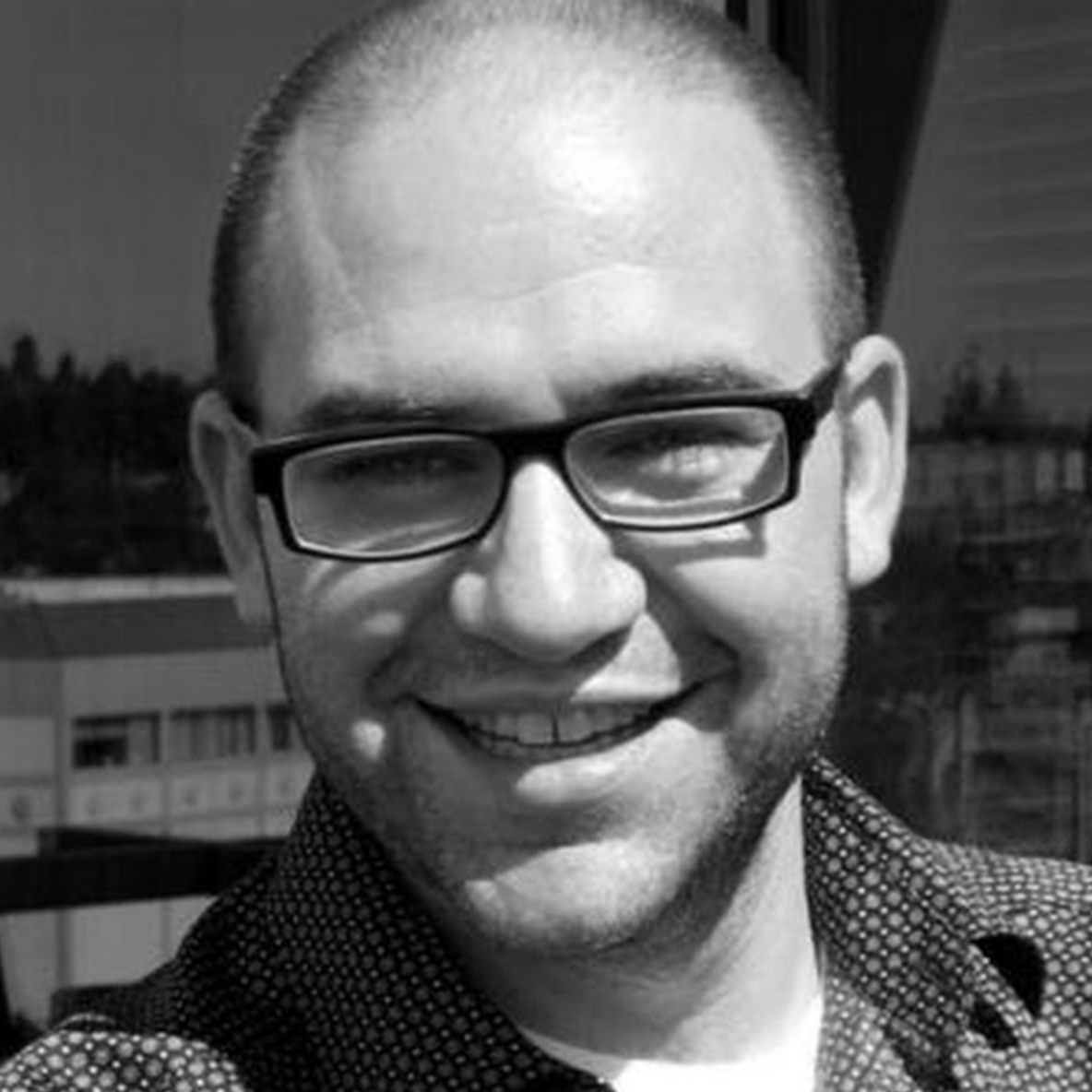-
If you wish to download the workshop program as PDF, please click here.
The map of the workshop location can be found here.
-

Title: Future of Mental Health Sensing on College Campuses Speaker: Andrew T. Campbell
Professor of Computer Science,
Dartmouth College
Abstract: There are rising rates of depression on college campuses. However, it is not clear why this is happening right now. There is no question that college life introduces a unique combination of stressors including increased academic pressures, social challenges, loss of familiar support systems, financial pressures and cultural differences that can affect self-worth. Consequently, young adults can feel isolated, overwhelmed and struggle to find their place and identity at college, becoming more susceptible to mental illness and even suicide.
Thirty five years ago my brother Edward dropped out of college as a sophomore at Durham University after experiencing his first depressive episode. Little did I know back then that his illness would have such a devastating impact on his life and on the people around him. This got me thinking years later whether mobile phones could become a mental health diagnostic tool for millennials and beyond.
In this talk, I will discuss experiences and results from a series of ongoing StudentLife studies at Dartmouth College started in 2012. There is emerging evidence that mobile sensing can provide unique insights into behavioral trends of the semester, academic performance, and depression of college students. I’ll argue that a decade from now continuous mental health sensing and intervention will become ubiquitous and replace traditional episodic clinic-based assessments. Future mobile will embed “Siri for mental health” combining personalized sensing and intervention at population scale -- an AI capable of protecting our emotional health. This is my hope but significant challenges remain.
Biography: Andrew T. Campbell is a professor of computer science at Dartmouth College. His group developed a number of early mobile sensing systems. Before joining Dartmouth, he was a tenured associate professor of electrical engineering at Columbia University working on wireless networks. Prior to that, he spent ten years in the software industry leading research and development in operating systems. He has been a visiting professor at CMU Rwanda, University of Salamanca and Cambridge University. During 2016-2017, Andrew took a leave from his ivory tower and joined Google and Verily (formerly Google Life Sciences) working on wearables in the Android group and mental health sensing with Verily. His work on mobile sensing has been covered widely by the popular press as well as TV and radio. He lives in Vermont with his wife Susan Zak and sons Miles and Will.
-
Applications and Challenges of Real-time Mobile DNA Analysis
Steven Y. Ko (University at Buffalo, The State University of New York); Lauren Sassoubre (University at Buffalo, The State University of New York); Jaroslaw Zola (University at Buffalo, The State University of New York)
-
Creating the Perfect Illusion : What will it take to Create Life-Like Virtual Reality Headsets?
Manikanta Kotaru (Stanford University); Eduardo Cuervo (Microsoft Research); Krishna Chintalapudi (Microsoft Research)
-
Exploring Eye Adaptation in Head-Mounted Display for Energy Efficient Smartphone Virtual Reality
Zhisheng Yan (Georgia State University); Chen Song (State University of New York at Buffalo); Feng Lin (University of Colorado Denver); Wenyao Xu (State University of New York at Buffalo)
-
Augmenting Self-Driving with Remote Control: Challenges and Directions
Lei Kang (University of Wisconsin); Wei Zhao (Univesity of Wisconsin); Bozhao Qi (University of Wisconin); Suman Banerjee (University of Wisconsin)
-
CARS: Collaborative Augmented Reality for Socialization
Wenxiao Zhang (Hong Kong University of Science and Technology); Bo Han (AT&T Labs - Research); Pan Hui (Hong Kong University of Science and Technology); Vijay Gopalakrishnan (AT&T Labs -Research); Eric Zavesky (AT&T Labs - Research); Feng Qian (Indiana University)
-
Unsupervised Workflow Extraction from First-Person Video of Mechanical Assembly
Truong-An Pham (Aalto University); Yu Xiao (Aalto University)
-
VVRRM: Vehicular Vibration-based Heart RR-Interval Monitoring System,
Amelie Bonde (Carnegie Mellon University); Shijia Pan (Carnegie Mellon University); Zhenhua Jia (Rutgers University); Yanyong Zhang (Rutgers University); Hae Young Noh (Carnegie Mellon University);Pei Zhang (Carnegie Mellon University)
-
iCare: Automatic and User-friendly Child Identification on Smartphones
Xiaopeng Li (University of South Carolina); Sharaf Malebary (University of South Carolina); Xianshan Qu (University of South Carolina); Xiaoyu Ji (Zhejiang University); Yushi Cheng (Zhejiang University); Wenyuan Xu (University of South Carolina)
-
HappyFeet: Recognizing and Assessing Dance on The Floor
Abu Zaher Md Faridee (University of Maryland Baltimore County); Sreenivasan Ramasamy Ramamurthy (University of Maryland Baltimore County); H M Sajjad Hossain (University of Maryland Baltimore County); Nirmalya Roy (University of Maryland Baltimore County)
-
UniverSense: IoT Device Pairing Using Heterogeneous Sensing Signals?
Shijia Pan (Carnegie Mellon University); Carlos Ruiz (Carnegie Mellon University); Jun Han (Carnegie Mellon University); Adeola Bannis (Carnegie Mellon University); Patrick Tague (Carnegie Mellon University); Hae Young Noh (Carnegie Mellon University); Pei Zhang (Carnegie Mellon University)
-

Title: Meeting Future Needs in Mobile Computing Speaker: Mike Polley
Senior Vice President and Head of the Mobile Processor Innovation Lab,
Samsung
Abstract: The mobile consumer market continues to demand new features, increased performance and extended battery life. These demands must be balanced with cost and other practical concerns. To create a successful next-generation product, we should carefully predict the computations required and create a design without excessive performance and cost. To do this, we consider industry trends and the range of compute engines that can be leveraged on mobiles. We contrast computational capabilities of embedded devices with the evolving requirements of new and existing mobile equipment and applications. In addition to considering how to match next-generation devices with the needs, we will also consider what part of the system should be on-device versus in the cloud.
Biography: Mike is Senior Vice President and Head of the Mobile Processor Innovation Lab at Samsung where he leads a team of world-class algorithm and system designers and chipset architects focused on creating advanced technologies for Samsung’s Galaxy smartphones as well as next-generation mobile devices. Prior to Samsung, Mike worked at Texas Instruments for 18 years defining chipset architectures and leading embedded signal processing R&D. He was recognized for his technical accomplishments by election to TI Fellow in 2008.Mike received his B.S., M.S., and Ph.D. degrees in electrical engineering from MIT. He holds 32 U.S. patents on a broad range of products across communications and multimedia systems.
-
Remote-Control Caching: Proxy-based URL Rewriting to Decrease Mobile Browsing Bandwidth
Ravi Netravali (MIT); James Mickens (Harvard University)
-
Just Do It: Fast and Easy Mobilization of Spot Tasks in Web-based Enterprise Applications
Uma Parthavi Moravapalle (Georgia Institute of Technology); Raghupathy Sivakumar (Georgia Institute of Technology)
-
How Do Mobile Apps Violate the Behavioral Policy of Advertisement Libraries?
Feng Dong (Beijing University of Posts and Telecommunications); Haoyu Wang (Beijing University of Posts and Telecommunications); Li Li (University of Luxembourg); Yao Guo (Peking University); Guoai Xu (Beijing University of Posts and Telecommunications); Shaodong Zhang (Beijing University of Posts and Telecommunications)
-
Characterizing the Reconfiguration Latency of Image Sensor Resolution on Android Devices
Jinhan Hu (Arizona State University); Jianan Yang (Arizona State University); Vraj Delhivala (Arizona State University); Robert LiKamWa (Arizona State University)
-
Adversarial Localization against Wireless Cameras
Zhijing Li (UC Santa Barbara); Zhujun Xiao (University of Chicago); Yanzi Zhu (UC Santa Barbara); Irene Pattarachanyakul (UC Santa Barbara); Ben Y. Zhao (University of Chicago); Haitao Zheng (University of Chicago)
-
A case for temperature-driven task migration to balance energy efficiency and image quality of vision processing workloads
Venkatesh Kodukula (Arizona State university); Sai Bharadwaj Medapuram (Arizona State University); Britton Jones (Arizona State University); Robert LiKamWa (Arizona State University)
-

Title: Delivering the Mobile Web to the Next Billion Users Speaker: Ben Greenstein
Google
Abstract: In many parts of the world, people have limited access to basic needs such as clean water, consistent electricity and healthcare. In these environments, having access to the web can be transformative for them and their communities, as it provides information on medical symptoms and treatments, opportunities for education and job training, and access to the arts and entertainment that often reaches far beyond the knowledge and output of the local community. Unfortunately, in these environments there are significant barriers to accessing that information on the web, including costs, connectivity, language, and an understanding of what the web provides. This talk will present an overview of the challenges and opportunities we face in making the mobile web useful and relevant for the next billion users who are coming online in the developing regions of the world. I’ll present data on the current state of the mobile web, including usage patterns, as well as network and device constraints and web performance as seen in practice. I’ll discuss several efforts at Google aimed at addressing the unique challenges of this population of users, and I’ll conclude with thoughts on where we should focus going forward.
Biography: Ben Greenstein is a software engineer at Google, where he leads an effort to improve mobile web performance and lower mobile data access costs by improving the efficiency of metered data use. Hundreds of millions of Chrome users worldwide benefit from this work. He’s also affiliate faculty in the School of Computer Science and Engineering at the University of Washington. Previously, Ben was a researcher at Intel Labs Seattle, which focused on ubiquitous computing. There he worked to improve the privacy of wireless systems, and subsequently received best paper awards at MobiSys and Ubicomp. His research interests include web performance, mobile networking and systems, privacy, and embedded sensing. Ben received his Ph.D. in Computer Science from UCLA and B.A. from the University of Pennsylvania.
-
Hermes: A Real Time Hypervisor for Mobile and IoT Systems
Neil Klingensmith (University of Wisconsin); Suman Banerjee (University of Wisconsin)
-
iTrack: Tracking Indicator LEDs on APs to Bootstrap mmWave Beam Acquisition and Steering
Muhammad Kumail Haider (Rice University); Edward W. Knightly (Rice University)
-
Sensibility Testbed: Automated IRB Policy Enforcement in Mobile Research Apps
Yanyan Zhuang (University of Colorado, Colorado Springs); Albert Rafetseder (New York University); Yu Hu (New York University); Yuan Tian (University of Virginia); Justin Cappos (New York University)


















